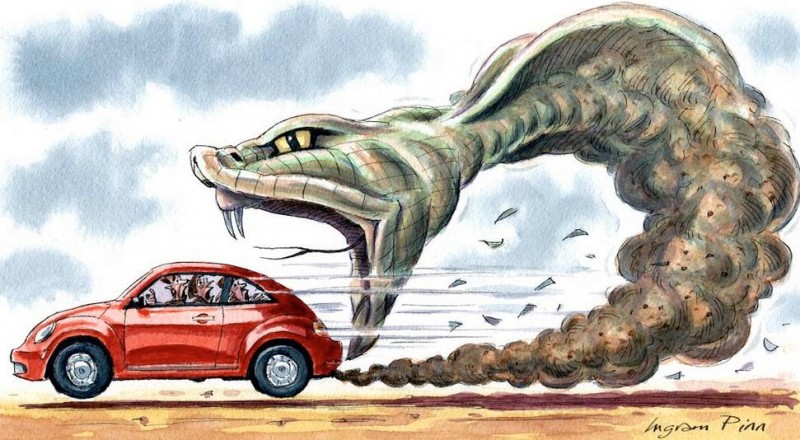The ecological evidence is clear – multiple benefits of on-farm nature protection

October 23rd, 2019
Every day we make decisions about how best to prioritise our time, money and energy. Sometimes we find activities that help us to kill two birds with one stone (metaphorically of course), like catching the bus to work instead of driving, allowing us to check emails during the commute.
These kinds of win-win scenarios can also be found on farmland to tackle the biodiversity and climate emergencies and help improve farm incomes.
Farmed land such as cereal fields, pastures, grazed peatlands and forestry can all be managed to produce more benefits for people than just food and timber. Clean water, flood mitigation, pest management, pollination, carbon storage, soil health, and wildlife can all be delivered on the family farm.
There are proven win-win solutions that contribute to biodiversity or climate objectives while also enhancing yield or quality of agricultural products, such as wildflower verges close to a pollinator-dependent crop.
What is good for wildlife is most often also good for food production, as shown in a new international study involving Trinity and UCD researchers that links higher yields with agricultural greater biodiversity protection.
In these cases, the ecological evidence base for effective management practices can be used to persuade people to change farming practice. Examples of this kind of “ecological intensification” include conservation agriculture where minimum tillage improves soil health and reduces reliance on external inputs like fertiliser.
Sometimes, however, win-win is just not possible. Reducing the number of livestock in sensitive peatlands, for example, can help keep carbon in the soil and improve water quality but at the expense of food production.
In addition, the provision of ecosystem services such as flood mitigation or wildlife habitat can come at the expense of more highly valued and traded agricultural products.
Most farmers have strong incentives to farm to increase their income and provide for their families but few or no incentives to farm for nature.
Asking or regulating farmers to manage nature on their farms for free, particularly when incomes are declining almost across the board, may not win many over to nature-based farming solutions.
CAP4Nature solution
Farm incomes are currently supported through the EU Common Agricultural Policy (CAP) that was originally put in place to improve long term food security in a sector exposed to very volatile pricing.
Over time, the CAP has expanded its objectives to include the provision of critical ecosystem services like carbon sequestration and clean water.
At the same time, the vast majority of the finance available for biodiversity comes through the Department of Agriculture (DAFM), much of which comes from the EU. Between 2010 and 2015 nearly 80 per cent of the money available for biodiversity in Ireland came from the Department.
It is critical that this money is spent effectively to maximise biodiversity benefits. Ireland’s new CAP Strategic Plan is under development, presenting a rare opportunity to use what we already know works for biodiversity on farms to get better outcomes for nature, the climate and for our farmers.
A group of leading Irish scientists has proposed six key principles supported by a scientific evidence base to do just this.
The six principles of CAP4Nature can be used to support the investment that comes through CAP to ensure that future agricultural policies and incentives are underpinned by healthy ecosystems and the services they provide to people while supporting climate change transitions and farm incomes.
The six CAP4Nature Principles are:
- FARM FOR FOOD SECURITY
- NATURE HAS LIMITS
- QUANTITY, QUALITY & CONNECTIVITY MATTER
- ONE SIZE CAP DOESN’T FIT ALL
- STRENGTHEN THE LINKS
- NATURE NEEDS LONG TERM BUT FLEXIBLE PLANNING
Ireland is a world leader in the design and implementation of innovative and highly effective agri-environment schemes that provide payments to farmers for biodiversity results achieved through appropriate management. The nominees for the 2018 and 2019 Farming for Nature awards are a testament to what could be achieved country-wide with the right investment strategies.
Ultimately, the food system depends on links between people, producers, and nature. Strengthening these links enhances benefits from nature and the reputation of Irish agricultural produce.
Better linkage of farm payments to the multiple benefits produced by well-managed farmland can help provide win-win solutions for biodiversity, climate and farm incomes.
By Professor Yvonne Buckley
Yvonne is the Chair of the National Biodiversity Forum and Chair of Zoology at Trinity College Dublin







